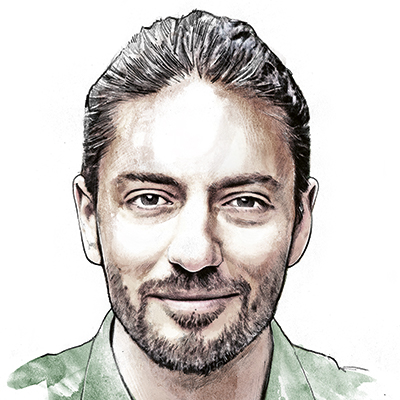Should researchers get involved in political debates?
Two ETH researchers argue whether researchers should get involved in political discussions. One of the two: Nicola Nuti, D-BSSE doctoral student.
FOR

Climate change and vaccine hesitancy are highly emotional topics rife with controversy. Despite the vast amount of scientific evidence of our changing climate and the safety of COVID-19 vaccines, the debate surrounding them couldn’t be more vicious. The harder scientists appeal to the facts, the faster they are dismissed. But why is there such mistrust between the scientific community and the public? And how is this gap reflected in policymaking?
As with any complex dynamic, many factors are at play. Research institutions tend to underestimate the importance of public outreach. Once media outlets assume this role, they often report exaggerated or decontextualised claims. In pursuit of their own agendas, lobby groups regularly propagate misleading and questionable data. As a result, the public has problems identifying which sources can be trusted and is overwhelmed by a constant barrage of shocking and contradictory claims.
I think that the scientific community must become a powerful voice in the political debate. Expecting scientists to merely produce unbiased data implies that science can adopt a neutral stance. But research is a political act in itself. It is publicly funded, and the questions it addresses are often chosen for their contribution to societal change. Whether we like it or not, science and politics are already engaged in dialogue.
Scientists must learn the language of politics and present guiding evidence and actionable roadmaps. We must structure and summarise our findings and calmly and confidently present our opinions. By joining in the political discourse and speaking a common language, we have a moral duty to advocate change. We need to be as much a part of the political debate as we are of research. If we fail to communicate the importance and scope of our work and leave the fight for change in someone else’s hands, we will not see the fruits of our efforts.